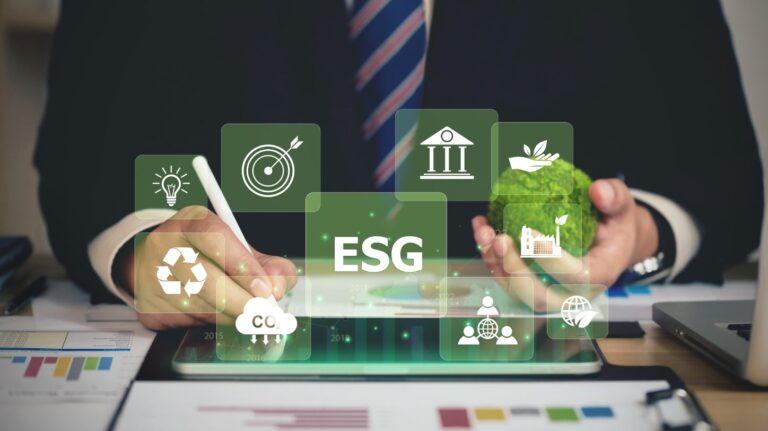There’s no doubt it is an extremely challenging time for manufacturing leaders. As a technology specialist for the Made Smarter Adoption programme – the government-backed initiative supporting SME manufacturers to adopt digital technologies – the issues business leaders talk about, regardless of the sector, are similar across the board.
From supply-chain, recruitment and the skills gap to production efficiency, profitability and energy costs, business leaders face many fires to fight. Considering this, decarbonisation and automation can often slip down the priorities list, with organisations viewing both challenges as complex and time-consuming and difficult to implement on top of the ‘day-to-day’. But that isn’t the case. My message to the sector is that automation and a net-zero mindset are both key to addressing the major issues facing modern manufacturers. Refusing to embrace these opportunities means that you are sleepwalking towards the unwanted headache of even higher costs, loss of reputation and further workforce challenges.
Take net zero, for example. The benefits of taking steps towards decarbonisation are far-reaching; lower energy bills, reduced waste and lower material costs will be the first notable results. Having a more resilient supply chain, improved employee retention, easier compliance with regulations and new market opportunities will then also follow. Similarly, the benefits of automation include improved production capacity, higher quality of output and faster processing. Introducing automation can also help with improved job satisfaction by removing dull tasks; this allows operators to focus on the highly-skilled and interesting work, upskilling employees, reduced reliance on subcontract suppliers and a reduction in shipping costs.
Consider the following: are there local suppliers that could mitigate overseas supply-chain issues, reduce delivery miles and improve responsiveness? Would pledging to achieve net zero engage your employees, benefit your community and make your business a more attractive place to work? Would reducing energy costs free up revenue for investment in new products, processes or staff benefits? Would your staff value learning new skills, like programming a robot or running multiple machines? Would quality improvements cut material waste, the number of deliveries and waste disposal costs?
If the answer to any of those questions is ‘yes’, consider that a lightbulb moment to change. Quick wins could be adding net zero onto every board meeting agenda to make sure it’s discussed and raise awareness, even if the first step is to learn more about what scope 1, 2 and 3 emissions are.
As for automation, this should be a ‘technology pull’. This means you need to define your requirements first and find an appropriate technology which will address the issues specific to your business second – and this is where Made Smarter can help. We offer digital transformation workshops that cut through the jargon and provide honest advice, with the outcome being a digital transformation roadmap – a live document to help a business digitise, one step at a time, at their own pace. With the government committing to a UK roll out of the programme, SMEs will be given the chance to embrace technology and leadership to achieve green growth.ν
Will Kinghorn is the automation and robotics specialist for the Made Smarter Adoption programme in the North West and is the author of Digital Transformation in Your Manufacturing Business – A Made Smarter Guide, which is due in June 2024.
This piece was first published in the March 2024 issue of Robotics & Automation Magazine. Read it online now.








